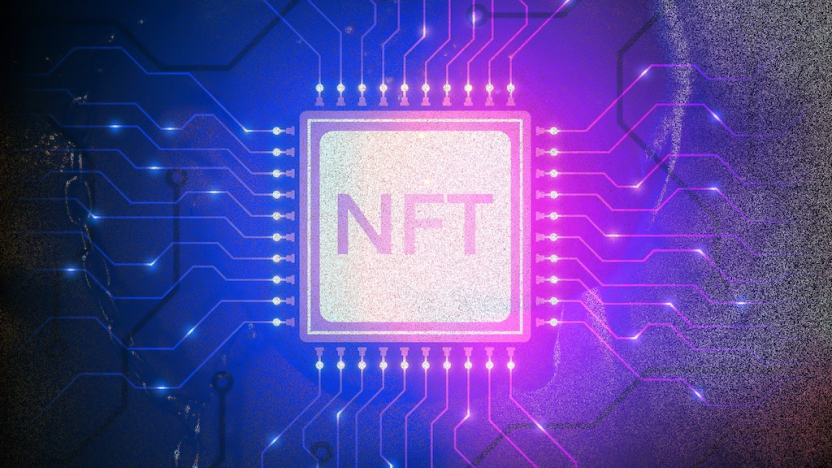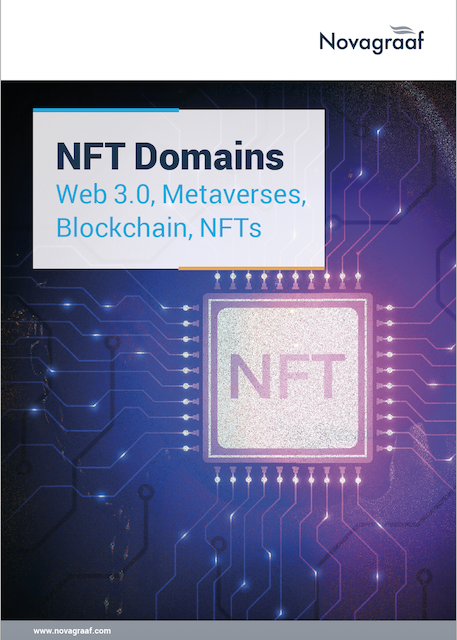NFT domains: The next generation of domain names

You may already have started to consider how best to protect your IP rights in new digital worlds and on blockchain technologies. But did you know that the emergence of NFTs, the blockchain, metaverses and Web 3.0 also has implications for your domain name strategy? In our latest factsheet, we discuss NFT domains and offer strategies for success.
NFT domains enable owners to use a registered name as a username in games or as addresses for websites hosted on a blockchain.While Non-fungible tokens (NFTs) provide proof ownership of a unique asset (e.g. a digital picture, music file, gif or video clip), NFT domains have the same basic function as normal domain names, translating long strings on the blockchain into short, easy and memorable addresses and means of identification.
For example, they can be used as a substitute for a complex crypto wallet address (e.g. BrandName.wallet) or for your identity in Web 3.0 (e.g. John Doe.nft). For this reason, NFT domains are also known as 'crypto domains', ‘blockchain domains’, ‘decentralised domains’ and ‘Web 3.0 domains’.
NFT domains: Web 3.0, metaverses, the blockchain and NFTs
In our latest factsheet, we provide a helpful ‘need-to-know’ overview of NFT domains and their implications for IP rights holders, and offer advice on how best to protect your IP rights in Web 3.0.
Download the factsheet below to learn:
- What risks NFT domains pose to rights holders: there is no official authority controlling the NFT domain market or dispute resolution procedure with which to challenge registrations.
- Why you should register your brand names across (at least) the most popular NFT domains, even if you have no plans to expand into metaverses, create or sell NFTs, or receive cryptocurrency payments.
- How to apply for an NFT domain and set up a simple website or app on the blockchain, including the current costs and key differences with the existing domain name system registration process.
Registering NFT domains today could help your organisation prepare for the changes in internet behaviour that will be prompted by this new technology. To find out more, download the factsheet below.
